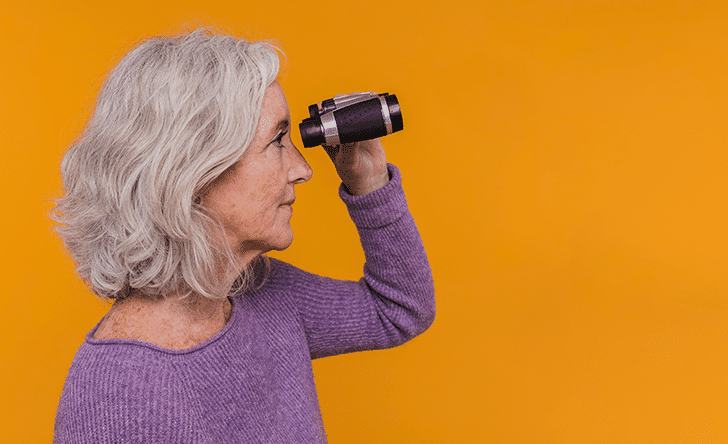More than seven-in-ten women over age 45 say they are confident they'll be able to afford the lifestyle they want to live through retirement, according to a recent RBC Insurance survey.
The insurer says women’s sound level of financial awareness and independent oversight of their retirement savings are likely behind this feeling of confidence.
"Last year we learned that women were feeling generally confident about their finances for retirement and we wanted to dig a little deeper to understand the reasons why," said Selene Soo, Director, Wealth Insurance, RBC Insurance, in a statement released Feb. 19. "Women seem to be playing a more active role in managing their finances and understanding their retirement needs, leading to them feeling more prepared and in charge of their financial future."
Those women who feel confident about being able to afford the lifestyle they want through retirement are most likely to point to their retirement portfolio as the key factor. Fifty-five per cent say their portfolio will carry them through, while 43 per cent say the same of their defined workplace pension or employer matching program.
Other factors driving this positive outlook include: being in good general health and not anticipating any significant health-related expenses in retirement (42 per cent); their spouse or partner's insurance or pension being enough to maintain household spending power (32 per cent); earning well and having a personal retirement fund that is on target (27 per cent) and having investment properties that generate income for retirement (17 per cent).
Causes for concern
Despite the high level of confidence, RBC Insurance stated that the women surveyed “are under no illusions about the challenges that retirement can bring.” When asked about their worries for their retirement, 69 per cent expressed concern about rising healthcare costs as they get older, living with a chronic illness (59 per cent) and outliving their retirement savings (50 per cent).
Other concerns include: a lack of guaranteed income (50 per cent); having to give up things or activities they enjoy (44 per cent) and feelings of loneliness, isolation or depression (39 per cent).











